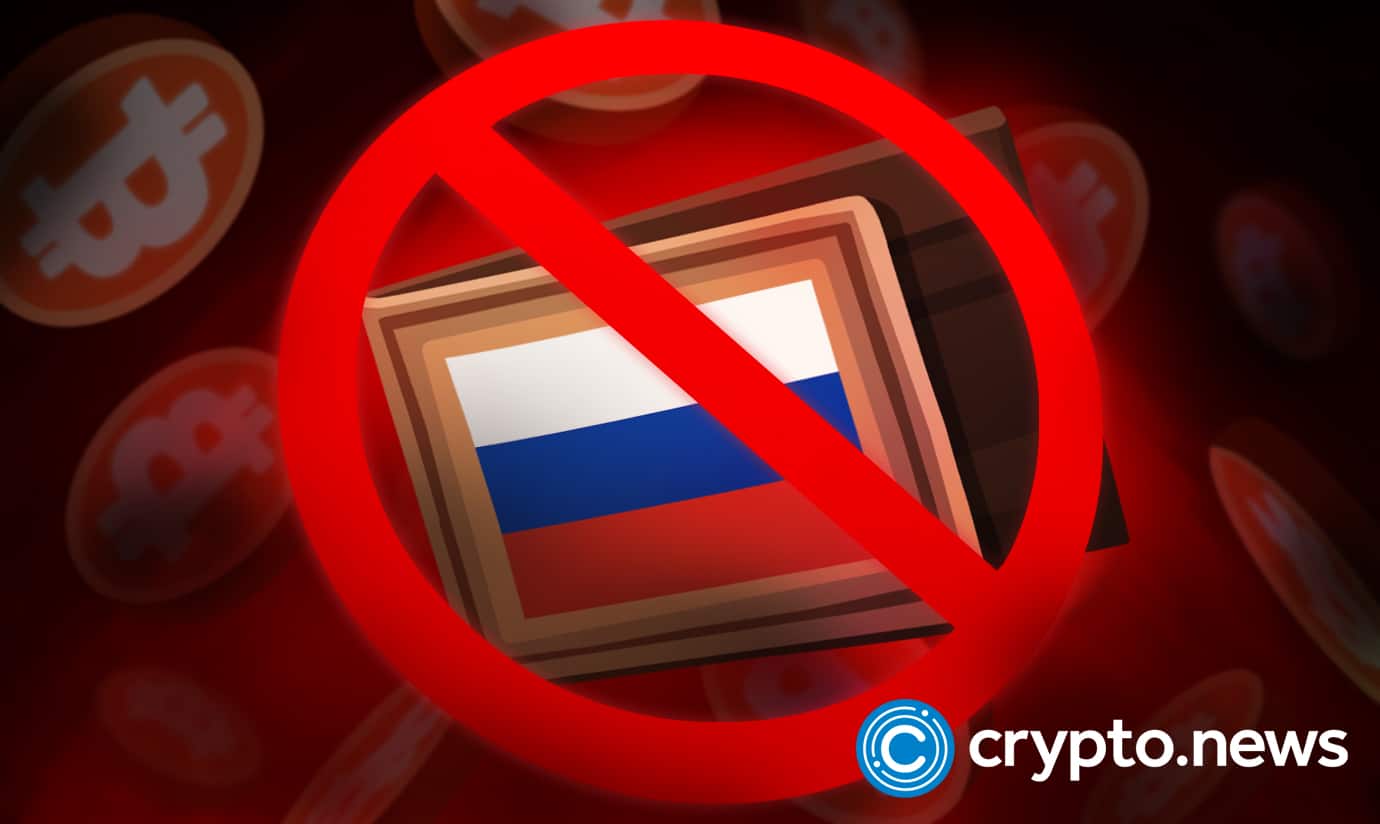
2023-4-21 00:48 |
According to a growing body evidence compiled by Chainalysis, cryptocurrencies are being used to evade economic sanctions. This is not a new issue, but the problem is escalating. A bulk of the illicit funds in recent months have flowed between Binance and Iran’s largest crypto exchange, Nobitex. And most of the transactions reportedly were in the low-profile cryptocurrency TRON, which makes it easy for users to conceal their identities.
Sanction BustersA new JD Supra report highlights the worrying trend. It cites a Reuters article from last November charging Binance with helping Iranian firms trade $8 billion. This happened in the face of US sanctions targeting Iran.
According to Reuters (citing Chainalysis data), the flow of crypto transactions between Binance and Iran’s biggest crypto exchange, Nobitex, enabled Iranian firms to get around the sanctions and do some $8 billion worth of trading. Moreover, three-quarters of the funds were in the form of TRON. This “low-profile” cryptocurrency helps users stay anonymous and off the grid. In short, it facilitates clandestine and criminal operations. (Binance has since delisted TRON, whose founder Justin Sun faces an SEC enforcement action.)
Other data compiled by Chainalysis, and reported by Reuters, are alarming. Chainalysis stated in a recent preview of its 2023 Crypto Crime Report that last year, illicit transactions involving crypto rose for the second year in a row. In total, they hit $20.1 billion. The highest-ever figure. And, according to Chainalysis, 44% of that total deal flow was activity involving sanctioned governments or organizations.
Some people value blockchain for its decentralized nature and its promotion of privacy in transactions. Unfortunately, as these figures remind us, the permissionless systems that blockchain entails can be used for good and for bad.
And since crypto exchanges by and large make their own rules, they can find themselves making deals that would ordinarily be impossible.
Regulators Target Crypto AddressesGovernments and enforcement agencies are not idle in the face of the problem, the JD Supra report makes clear. They are taking action against those who flout economic sanctions through the use of crypto assets.
The US Office of Financial Asset Control (OFAC) has not only levied sanctions against offenders. Recently, OFAC has extended its operations to target cryptocurrency addresses linked to bad actors.
And in the UK, lawmakers have introduced regulations requiring crypto firms to report any breaches of financial sanctions imposed by OFAC.
Strengthening SanctionsAs the trends worsen, governments and other regulators may have revise their approach, the JD Supra report says. They will need to step up their enforcement efforts to ensure that sanctions have teeth. A tougher approach could help stem the flow of illicit transactions and money laundering.
But the report makes clear that this will not be a quick and simple solution. The problem is complex and issues of regulatory overreach arise. Officials must take care that, in their zeal to go after sanction-busters, they do not step on the rights of legitimate crypto users.
On the downside, we may see more restrictive regulation, as in OFAC’s decision to sanction Tornado Cash’s software protocol. This could create possible repercussions for legitimate actors interacting with it.
The good news is that – according to Chainalysis – cryptocurrency services are, on balance, mostly cooperative in the face of governments’ requests for help. The exchanges know that it doesn’t help them for sanction-busting rogue states to besmirch crypto’s name.
Regulating crypto to ensure compliance with economic sanctions is a complex task. It requires collaboration between governments and regulators, as well as the cooperation of crypto exchanges. Only then can we hope to curb the use of cryptocurrencies to evade economic sanctions.
The post How Sovereign Governments Are Using Crypto to Evade Sanctions appeared first on BeInCrypto.
origin »Bitcoin price in Telegram @btc_price_every_hour
Emerald Crypto (EMD) на Currencies.ru
|
|






